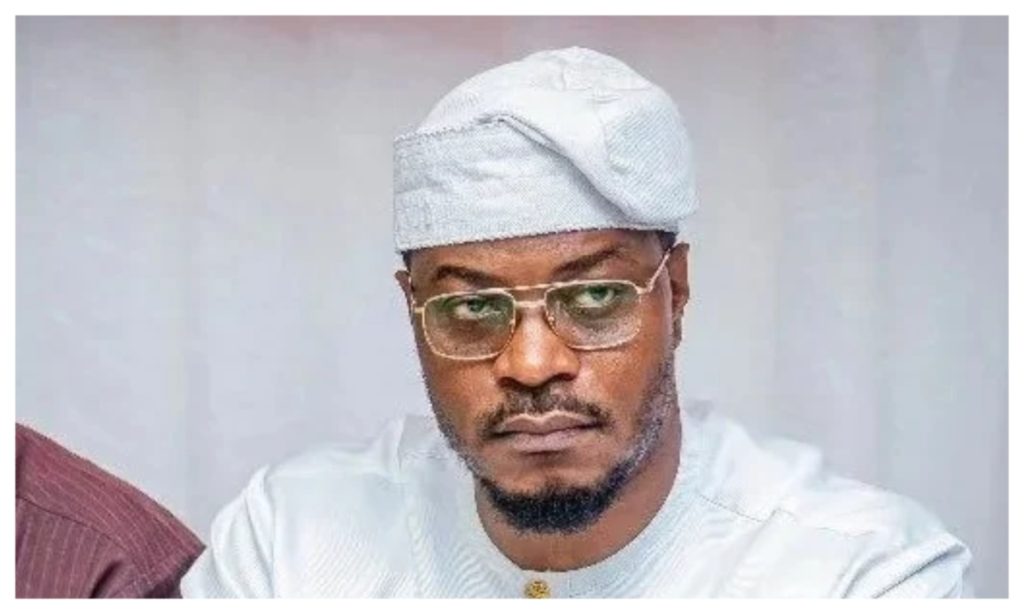The African Democratic Congress and Gbadebo Rhodes-Vivour, a former Labour Party governorship candidate in Lagos State, have submitted a formal petition to the Lagos State Police Command regarding alleged threats of violence by the Lagos Chairman of the National Union of Road Transport Workers, Mustapha Adekunle. The petition, prepared by Inibehe Effiong Chambers, was filed on Thursday in response to a viral video in which Mr. Adekunle warned union members to support the All Progressives Congress in the 2027 elections or face consequences.
In the video, reportedly recorded on September 25, 2025, Mr. Adekunle spoke primarily in Yoruba, with some English words, issuing direct threats to those unwilling to support the APC. A translated version of the message conveys a chilling tone, with clear threats of violence. The State Security Service had previously invited Mr. Adekunle for questioning over the alleged threats.
Mr. Rhodes-Vivour explained that the petition was submitted to ensure a documented response in the event the threats are carried out. He stated that the APC-led government in Lagos relies on intimidation and violence to suppress dissent rather than delivering good governance. The APC has controlled Lagos State for over 24 years, and Mr. Rhodes-Vivour accused the party of resorting to mobilizing paid or coerced gangs to stifle opposition.
The petition highlights the concerns of the African Democratic Congress and Mr. Rhodes-Vivour regarding the alleged threats and the potential for violence in the 2027 elections. The Lagos State Police Command is expected to investigate the matter and provide a response to the petition. The incident has sparked concerns about the use of violence and intimidation in Nigerian politics, particularly in the run-up to the 2027 elections.
The submission of the petition serves as a formal record of the alleged threats, allowing for a documented response if the threats are carried out. The incident has significant implications for the political landscape in Lagos State and Nigeria as a whole, highlighting the need for a peaceful and democratic electoral process. As the 2027 elections approach, the situation will likely be closely monitored by stakeholders and citizens alike.
